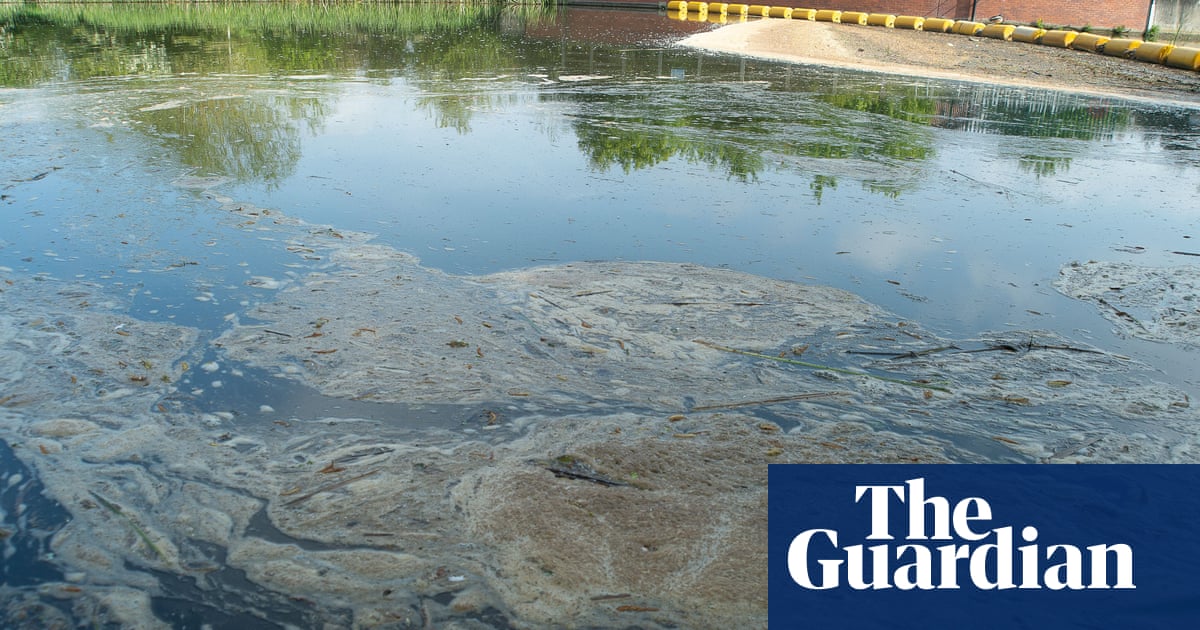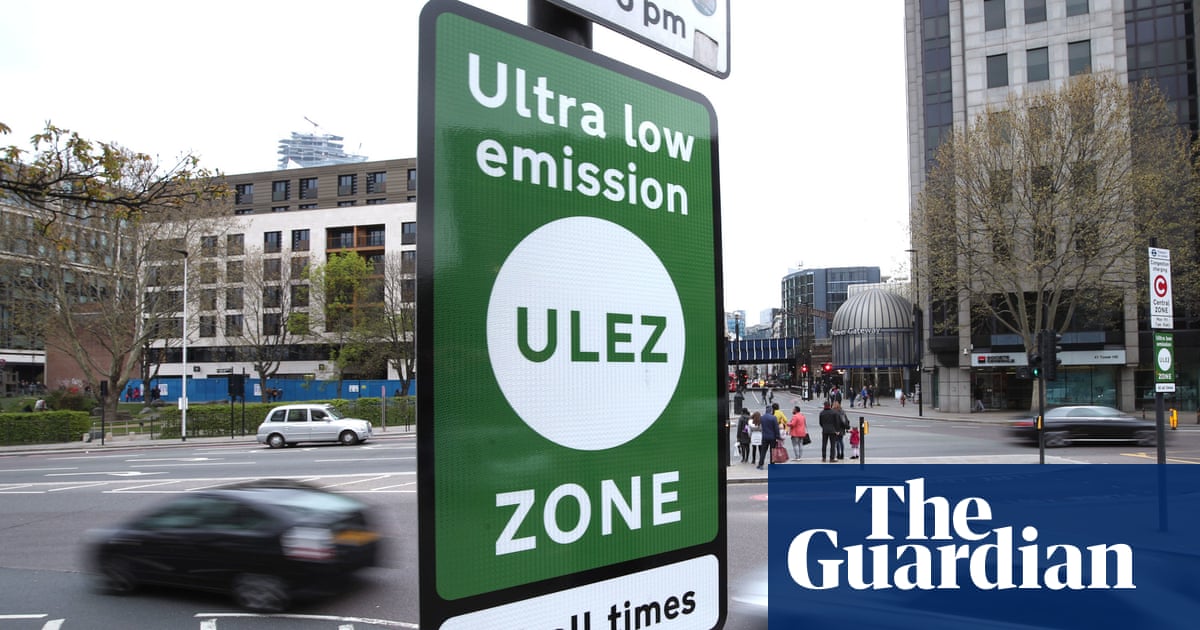
Rivers, streams and freshwater marshes across England, Wales and Northern Ireland are being devastated by diffuse agricultural pollution and sewage, according to a new report.
Despite only 14% of English rivers meeting the criteria for “good” ecological status, 43% of people questioned in a new survey believe that Britain’s freshwater systems are in good condition.
However, the Troubled Waters report for a coalition of charities, including the RSPB, the National Trust and the Rivers Trust, reveals how even wildlife-rich protected wetlands and rivers are threatened by pollution, while restoring water quality is hampered by a lack of effective monitoring and enforcement.
Fewer than half of Welsh rivers are of good ecological status, and 28 out of 45 monitored areas on the River Wye are failing to meet targets to control phosphorus levels caused by diffuse agricultural pollution. Nevertheless, planning approval continues to be given to intensive poultry farms, with an estimated 20 million chickens now being reared every year in the River Wye’s catchment.
Only 31% of water bodies in Northern Ireland are of good or high quality, with 76% of the lakes in the Upper Lough Erne area classified as less than good, largely as a result of fertilisers washing from farmland into rivers and streams.
In some places, sewage also imperils wildlife-rich sites, with Leighton Moss, the largest reedbed in north-west England and a site of special scientific interest, also home to 30 properties that are reliant on septic tanks and are judged a threat to springs that feed the marshes.
According to a YouGov poll in the report, 88% of people agreed that Britain’s lakes, rivers and streams were a “national treasure” but just 10% identified agricultural pollution as the biggest issue for water quality.
Jenna Hegarty, deputy director of policy for the RSPB, said: “It is no surprise so many people think of our waterways as a national treasure and revel in the magical sight of otters playing in our streams, dragonflies hovering like jewels above our lakes and the vibrant flash of kingfishers in flight.
“But nature is in crisis and the incredible freshwater wildlife people marvelled at as they explored our countryside this summer is a fraction of what should be there. It is disturbing how it has become so normal for our waterways to be polluted and contaminated, and that many people do not realise there is something wrong.”
The report calls for the end to sewage discharge into rivers and tougher fines for polluting water companies, but said there must also be “systemic change” to the planning system and legally binding targets for biodiversity and freshwater systems.
In addition, enforcement agencies need much better resources to monitor sites, according to the report.
In England, spending on monitoring protected sites, including freshwater, fell from about £2m in 2010 to £700,000 in 2019. Until recently, the report says, the average farm in England could expect a visit by an Environment Agency Officer once every 263 years.
It has been estimated that the cost of effective enforcement in England would be £10m a year.












